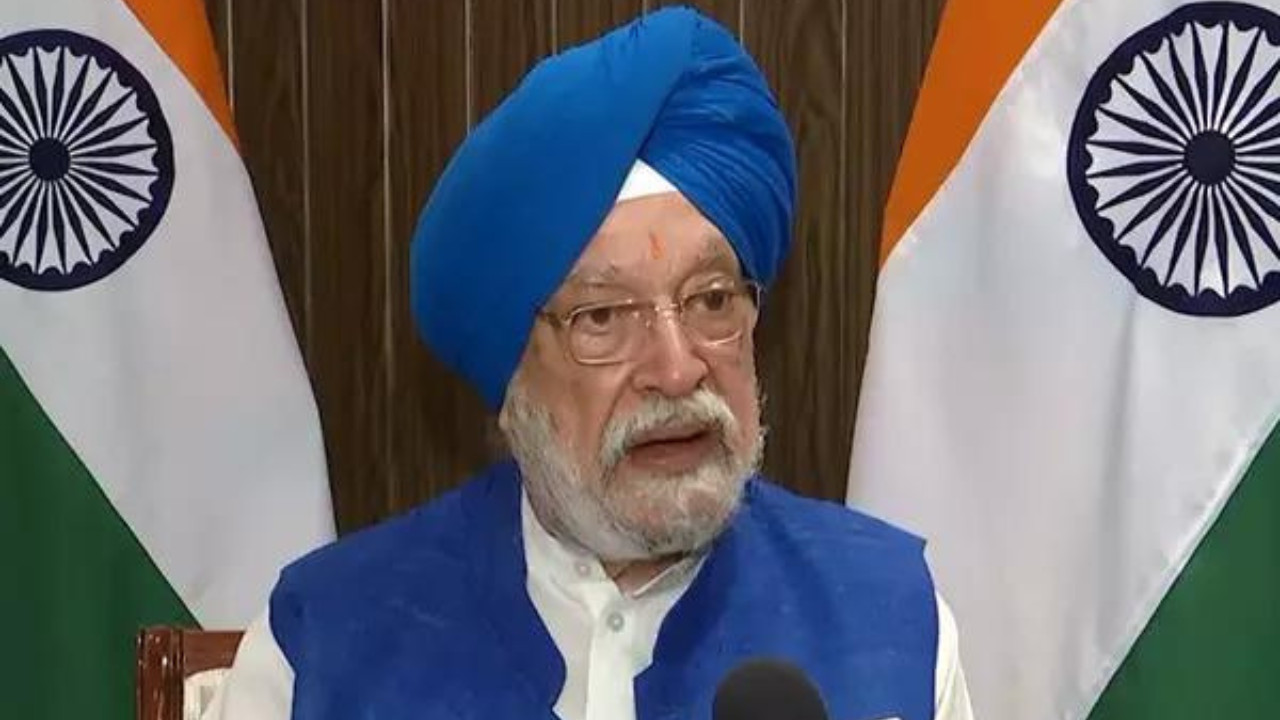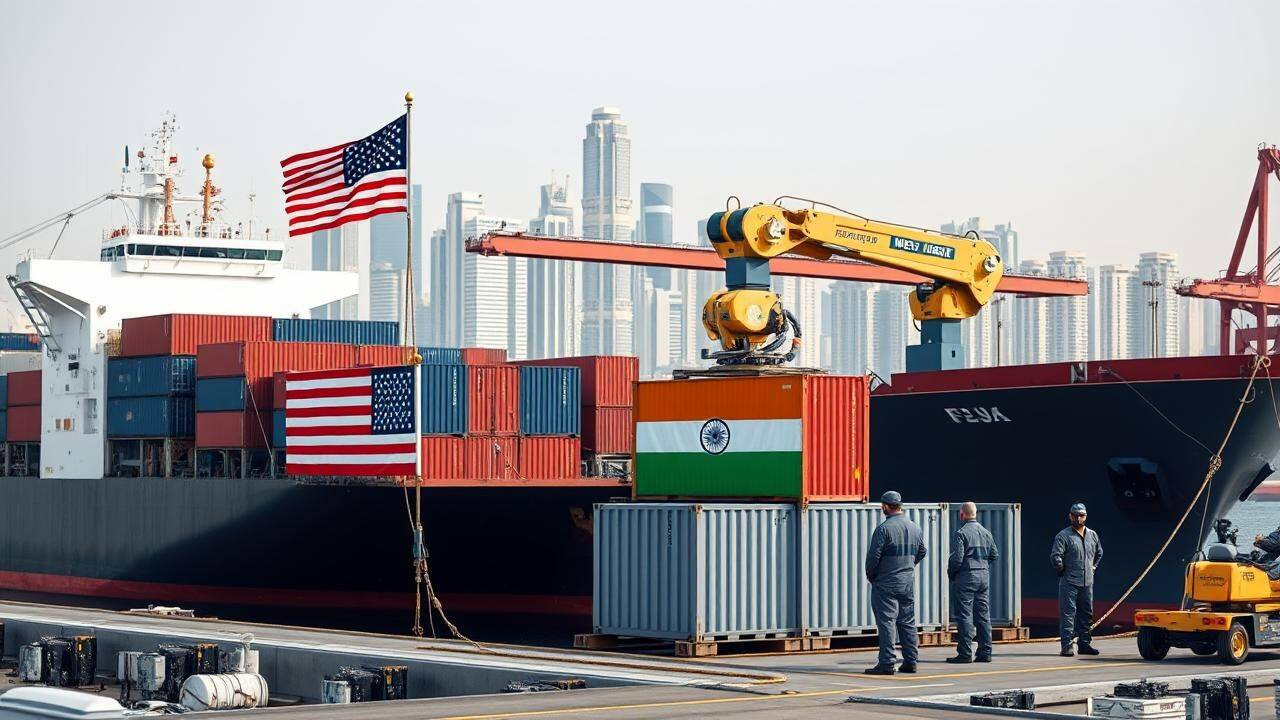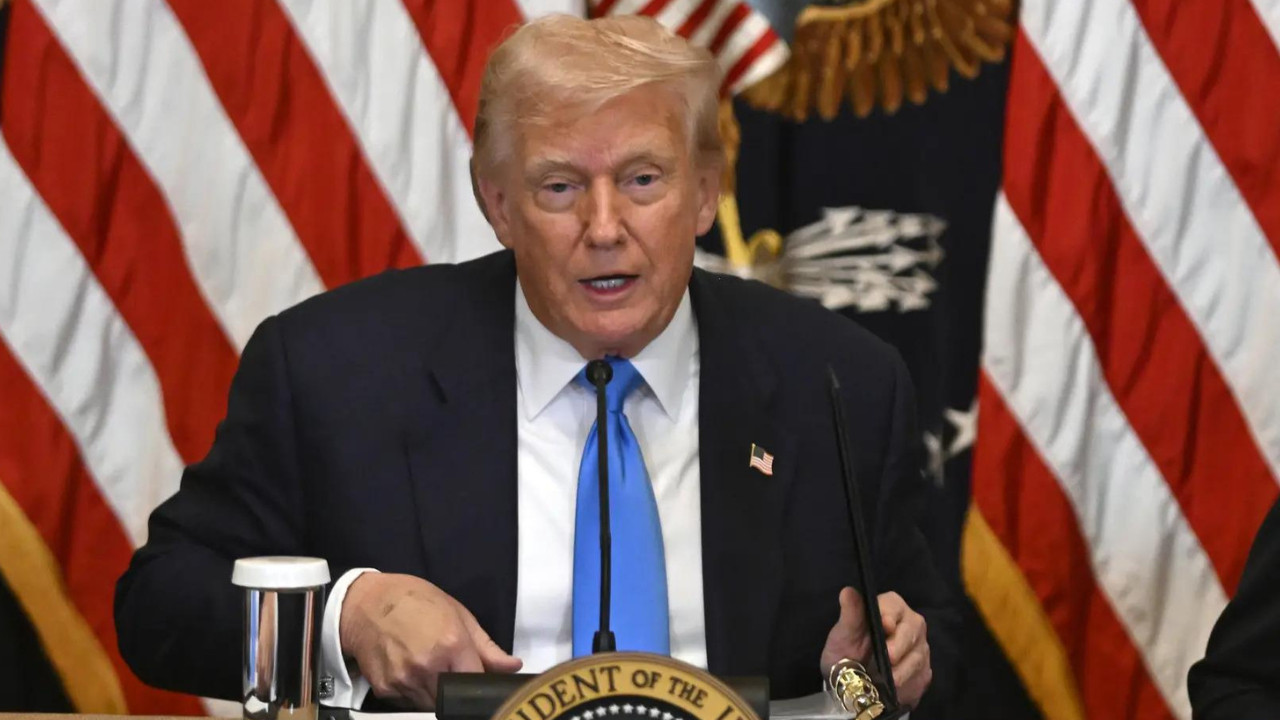Petroleum Minister Hardeep Singh Puri stated that global crude oil prices remain stable despite geopolitical tensions, indicating sufficient energy resources worldwide. India is actively engaging in global energy forums and expanding its clean energy footprint, exploring geothermal cooperation with Iceland. ONGC’s increased domestic energy exploration, with a high number of wells drilled, reflects India’s commitment to diversifying its energy mix.
Navigating the Energy Maze: How India’s Staying Steady Amidst Global Oil Swings
The global energy landscape feels like a rollercoaster these days, doesn’t it? Geopolitical tensions flare, production quotas shift, and suddenly, the price at the pump takes another leap. It’s enough to make anyone feel a little dizzy. But amidst all this turbulence, India seems to be maintaining a remarkably steady hand on the wheel. How are they pulling it off?
Hardeep Singh Puri, India’s Minister of Petroleum and Natural Gas, recently highlighted the relative stability of global crude oil prices, a testament to strategic maneuvering and a proactive approach to energy security. While other nations grapple with volatile markets, India’s focus on diversification and forward-thinking investments appears to be paying dividends.
One key element is India’s increasingly diverse sourcing of crude oil. They’re not relying solely on traditional suppliers, but actively seeking out partnerships with new players across the globe. This reduces vulnerability to disruptions in any single region and provides greater negotiating power.
Beyond crude oil, India’s commitment to renewable energy is playing a crucial role in bolstering its overall energy independence. Solar power, wind energy, and biofuels are all receiving significant investment and attention, steadily decreasing the nation’s reliance on fossil fuels. This isn’t just about environmental responsibility; it’s about economic resilience.
But the story doesn’t end there. India is now setting its sights on a potentially game-changing energy source: geothermal.
Geothermal Energy: India’s Next Frontier?
Imagine tapping into the Earth’s internal heat to generate clean, sustainable power. That’s the promise of geothermal energy, and India is seriously exploring its potential. While still in its early stages of development within the country, geothermal energy offers a consistent and reliable source of power, unlike solar and wind, which are dependent on weather conditions.

The potential benefits are huge. Geothermal plants have a relatively small footprint compared to other energy sources, reducing land use and environmental impact. They can also provide baseload power, meaning they operate continuously, providing a stable supply of electricity to the grid. This is particularly important for a rapidly growing economy like India’s, which demands a dependable energy supply.
A Pragmatic Approach to Energy Security
What’s truly impressive about India’s approach is its pragmatism. It’s not about abandoning fossil fuels overnight, but about strategically transitioning to a more diversified and sustainable energy mix. It’s about securing the nation’s energy needs while simultaneously embracing cleaner alternatives. This dual approach allows India to navigate the complexities of the global energy market with greater flexibility and control. For example, you can read about India’s green hydrogen initiatives to see other sustainability efforts.
Investment in the Future
Achieving energy security isn’t cheap. It requires significant investment in infrastructure, research and development, and international partnerships. India has shown a willingness to make these investments, recognizing that they are essential for long-term economic growth and stability. This includes everything from upgrading existing refineries to building new renewable energy plants and exploring cutting-edge technologies like geothermal.
India’s commitment is further reflected in its ambitious renewable energy targets. The nation aims to significantly increase its renewable energy capacity in the coming years, further reducing its dependence on fossil fuels and solidifying its position as a leader in the global energy transition.
Stability in a Volatile World
In a world of fluctuating energy prices and geopolitical uncertainty, India’s commitment to diversification, renewable energy, and strategic partnerships is proving to be a winning formula. By taking a proactive and pragmatic approach to energy security, India is not only protecting its own economy but also setting an example for other nations to follow. As the world grapples with the challenges of climate change and energy independence, India’s journey offers valuable lessons in resilience, innovation, and strategic planning. The nation’s multi-faceted approach to energy independence is paving the way for long-term economic growth and stability.







